Cutter felt the dragon wrap around his arm as he ripped it from its hiding place beneath an overhang of the muddy river bank. It didn’t have wings, of course; this one would not even get legs for a year or two, once it learned to breathe air. He held its triangular head steady by pinching the spine just behind its gills. The wyrmling’s cold black tail, speckled with golden spots and dripping with weeds and river slime, tickled his triceps. It hissed at him in frustration, but Cutter knew that it could do him no harm. Before they got their wings, dragons were just big, pretty mudpuppies.
He raised himself to one knee. With his free hand, Cutter drew his stiletto from its dragon leather sheath and used the point to locate the soft spot behind the wyrmling’s skull plate. As soon as he felt the indentation, he drove the blade inward and shook it, scrambling the wyrmling’s brain as his father had taught him, as he had taught his own sons. They were good sons, he remembered. When the dragon finally stopped croaking and squirming, he pushed its limp body through the hole atop his wicker basket. Hoping to find more here, Cutter lay back down on his belly beside the brown, slow-moving river and resumed his hunt.
Moragan was waiting at the door when he finally reached his home. She hugged him tightly as he pushed her beautiful raven hair back from her face. He kissed her gently where her nose used to be, ran a calloused hand along the scars that lined her better eye. Her face was like the full moon, he thought: damaged, perhaps, but of a beauty unmatched by any other body in the night sky. He placed his wicker basket with its three wyrmlings on the floor inside the door. He’d had a good hunt, but the skinning could wait until tomorrow. It was obvious from Moragan’s expression that she had something she wanted to share with him.
It was a mask, such as might be worn at a fancy ball. Full along the face, it sported a comfortable-looking and cleverly-designed mechanism that held it in place without relying on the ears for support. The leather was so soft that it could be folded easily, perhaps even crumpled. Still, Moragan had forged it from polished dragon skin; it would never be punctured and could only hardly be cut. Nor would it come apart through even heavy use, for she had sewn the edges perfectly.
He looked over the smooth green surface, noting that its features were wholly masculine; as Moragan had neither mother nor mirror, she lacked experience with the feminine. Still, as he held it in his hand he realized how short his own skill came when compared to hers. Her scarred fingers were nimbler than his. Her dark eyes measured proportion with an exactitude he could never hope to match. Moragan poured her very soul into every object she made. The quality of her handiwork reflected that. But this was the finest such object he had ever seen. He was only afraid she had made it for herself.
“Father,” she began, seating herself across from him at the dinner table. He still held the mask in his hands. “What do you think of it?” From the expectation written upon her face, it was clear that she hoped he would approve of it. She really does not know how skillful she is, he thought.
“It is beautiful, Moragan. It’s the most wonderful object you have yet crafted. I shall have no problem selling it at Capital Faire next month, and I promise to buy you something nice with the money.” Her shoulders drooped, as he feared they would.
“I did not make it for sale,” she said, “but for myself. May I keep it and wear it?”
“You don’t need it, Moragan. You are already beautiful to me.”
“To you, yes,” she began, her voice trembling. “And I love you and will always love you for that. But to them,” she waved her hand toward nearby Westering Village, “I am a monster to them. I am already called ‘She of the Leather Countenance’ and worse by them. What could a real leather face hurt?” She crossed her arms, not angry at him, he knew, but frustrated and hurt. Cutter waited until she was ready to hear his answer.
“You must not hide,” he said simply. “People are not cruel because of how you look. They are cruel to you because they have cruel hearts. Wearing a mask will not change them or their opinions of you. But it will change you. If you take the mask, you are telling them that they are correct, that even you reject your face. Once you reject your own face, you will eventually reject your whole self. Your true face is there, just beneath the skin. Do not hide it behind the skin of a dragon, no matter how beautifully wrought.
“I know, Father, we have had this conversation before. I’m sorry.” She looked sorry. And shrunken. It wounded him when the ignorant villagers cut her as they did. But if she gave in to them she would wither, of this he was sure. Even so, there might be another way.
“If you wish, I could talk to the rector about the cloister…”
“No!” She immediately straightened up and fire arose in her eyes. “You know I don’t want to live like that, even if I could wear a veil. To never be free to run in the slough, to never have a husband or a child, is something I will not do. You have told me well that the mask means my life, as my life, is over. Well, so does the veil.”
“I am sorry, Moragan,” he said, “I just wish…” He felt weak and stupid for even mentioning it, considering what he had just told her. He just wanted her pain to end, perhaps as badly as she did.
“Sometimes I wish you had left me in the fire!” As she closed the door of her room, Cutter reflected that it had been many years since she had said those words aloud. He feared that, whatever happened with the mask, it would not be the last time he heard them.
Cutter sold the mask to a red-faced gentleman on his next trip to Capital Faire. It was an excellent sale, he thought, for the man did not haggle and he paid in silver. Cutter silently wished the gentleman the best of luck as he prepared his empty cart for the journey home. He would buy Moragan something special with that money.
(Continued in Part II)

The Monster Maiden of Westering Slough, Part I
1 Comment
Leave a Reply
Latest from Literature
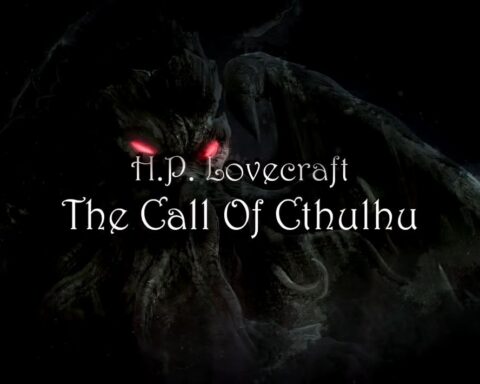
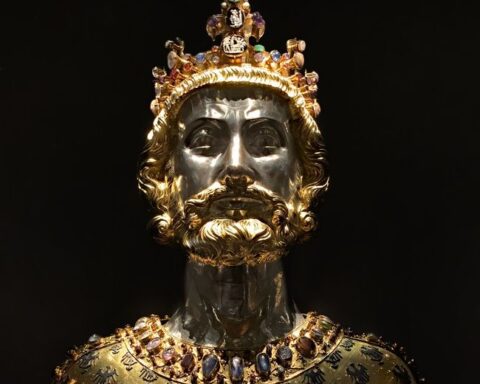
Legends of Charlemagne
His fame has been enhanced and magnified through a host of ballads and romances.
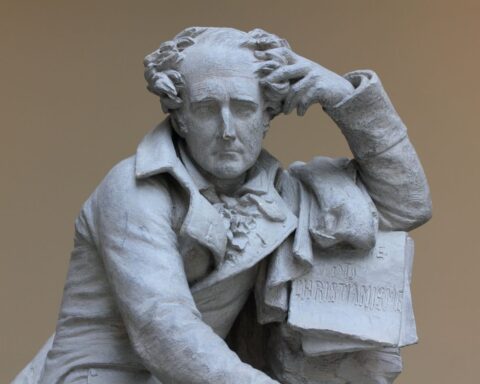
Chateaubriand (Part 2)
His journey in 1806, from Paris to Greece, Constantinople, Palestine, Egypt, and Carthage.

Old Ways
Editor’s note: Originally posted by Last Redoubt at https://lastredoubt.substack.com/p/old-ways Paper has a lot of problems. It’s bulky. It catches fire. More to the point, if I want to send something on paper
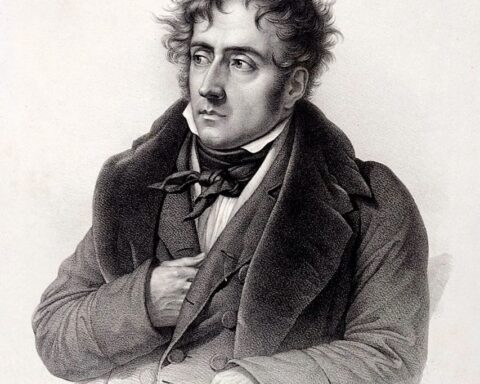
Chateaubriand (Part 1)
"It was in these disastrous days that Chateaubriand arose, and bent the force of his lofty mind to restore the fallen but imperishable faith of his fathers."


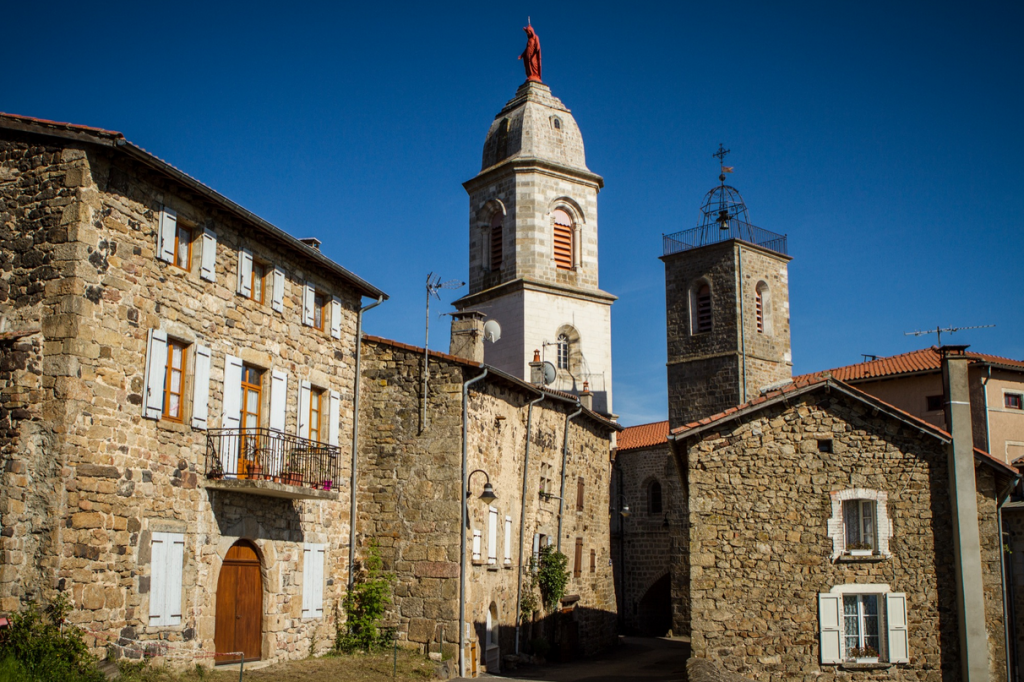
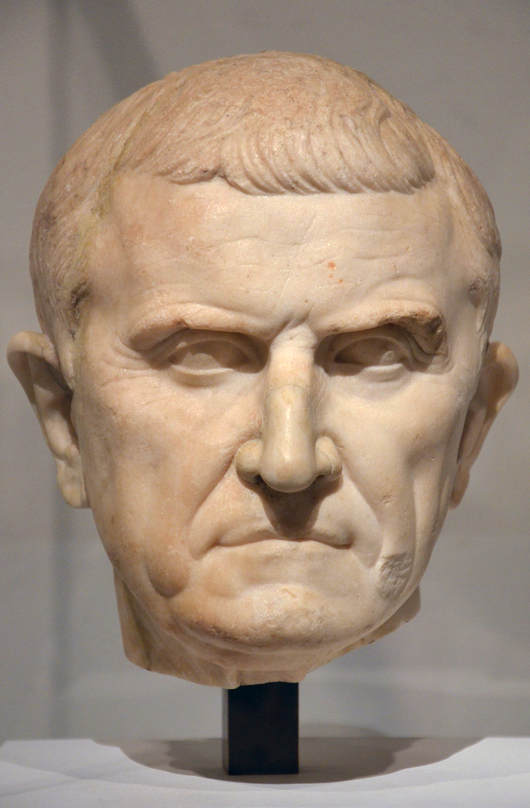
5